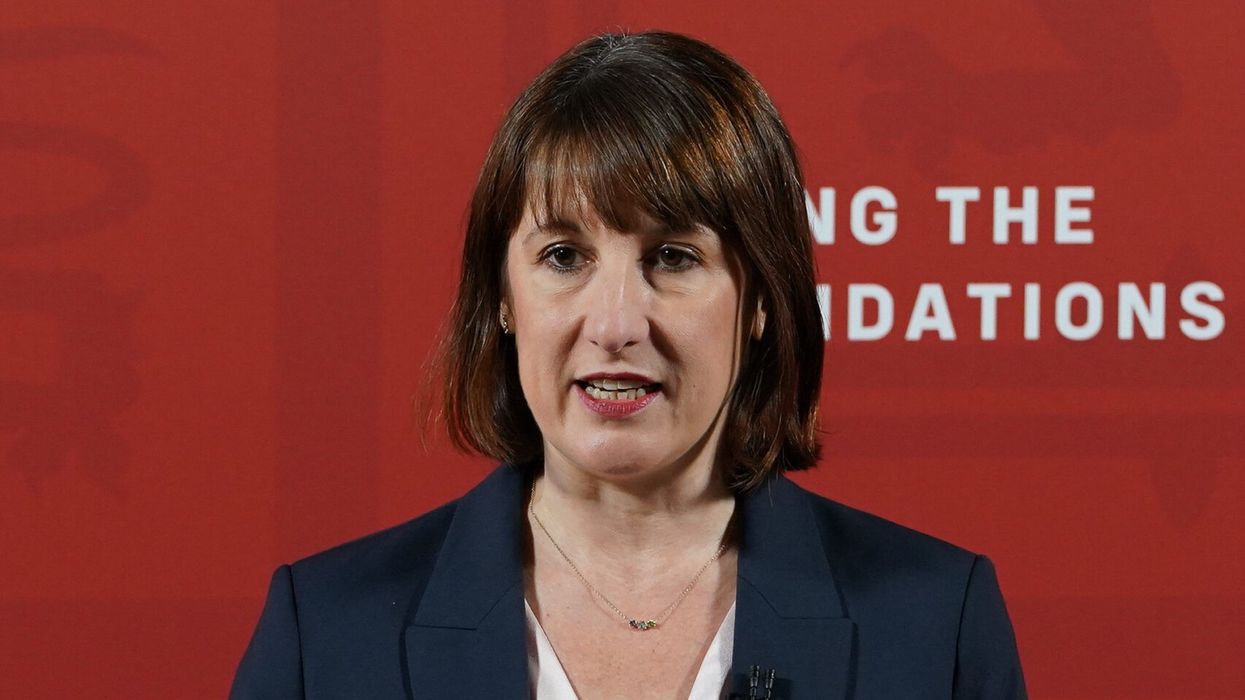CHANCELLOR Rachel Reeves has indicated there will be no wealth tax, saying those with the “broadest shoulders” have already contributed through existing levies.
Reeves has faced calls from Labour MPs, unions, and former minister Anneliese Dodds to impose new taxes on the savings, investments and property of the wealthy.
Dodds told the Sky News Electoral Dysfunction podcast that the Wealth Tax Commission had “looked at the operation of lots of different wealth taxes” and set out how one could work in the UK. She said she hoped the Treasury was considering the evidence and other proposals.
Reeves said that measures in the last budget already targeted the wealthy.
“We got rid of the non-domicile status in our tax system, so people who make Britain their home have to pay their taxes here. We introduced increased taxes on private jets, on second homes, and increased capital gains tax, so I think we’ve got the balance right in terms of how we tax those with the broadest shoulders,” she said.
Reeves said decisions on tax would be made in the budget, adding that the government’s priority was to grow the economy, attract investment and create jobs.
The Times reported that she is preparing to raise taxes in the autumn budget to address a £30 billion gap in public finances.





